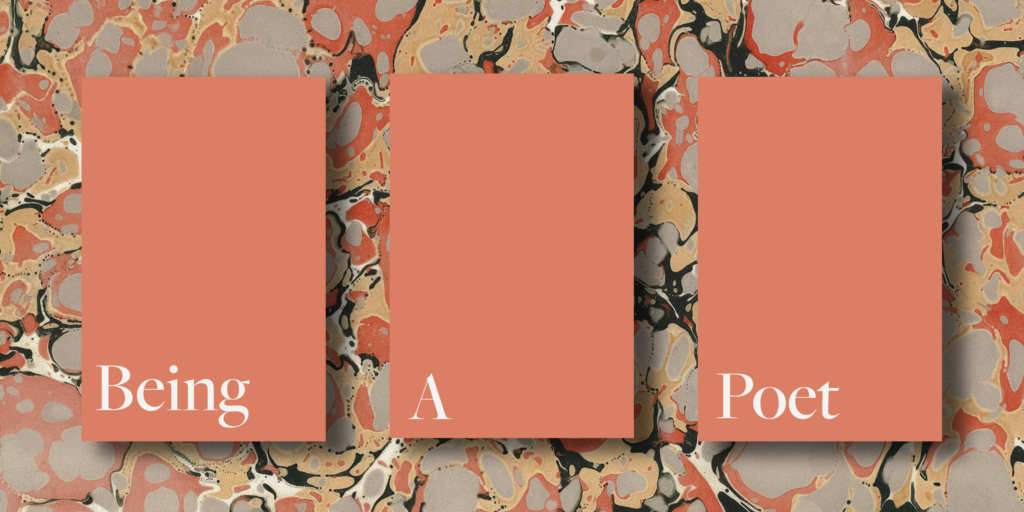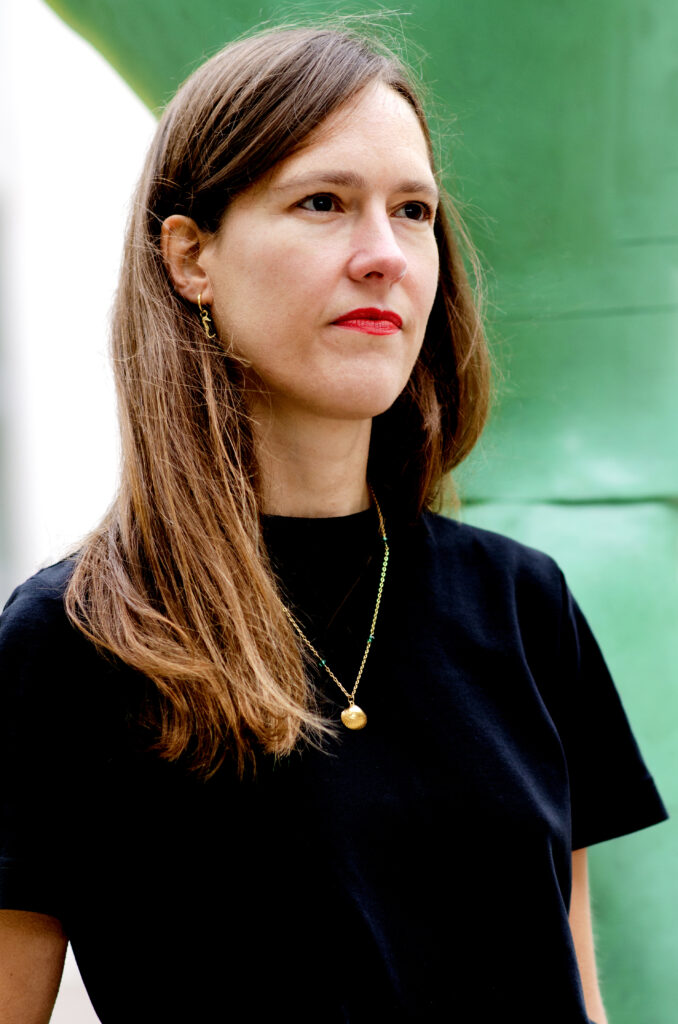In this series, we interview our tutors about poetry and its place in their world. These interviews will cover creative writing tips, excelling in a poetry workshop, building a literary career, and finding your poetic voice. Here’s Suzannah V. Evans on how to connect with care through poetry.

Has your experience as a carer, formally or informally, shaped your approach to writing poetry?
My experience as a carer feels slightly outside of language, perhaps partly because I would not have identified myself using that term until relatively recently. It’s hard to say in what way it’s shaped my approach to writing poetry, but I do know that those two things are closely connected, and that some of my earliest childhood writing explored these experiences. I suppose you could say that it’s heightened my feeling that language is necessary.
Do you find any overlap between the care of attention required in care work and that required in writing poetry?
Care work brings with it a real spectrum of intensities in terms of the kinds of attention required, whether that be listening closely or a kind of bodily attunement to the unfolding of particular care acts. In those moments of absolute focus I would say that there is a parallel between care work and the writing of poetry, in that the outside world drops away and what is important is very much the present moment. With both caring and writing poems, there might be some sort of ‘end’ or aim in sight (‘get this person to bed safely’, ‘finish this poem’) but the process, how it’s done, is paramount.
Care work and poetry both involve a lot of listening. With caring, there’s the process of active listening in terms of following instructions, or maybe working in tandem with another carer in addition to the person being cared for, and then there’s a listening for things that aren’t communicated straightforwardly through words. With poetry, there’s a listening to the internal rhythms of language that ask to be put into writing – particular phrases, rhymes, or sounds – as well as all the rhythms of the world which might prompt or jolt a thought into poetry. Beyond that, it’s possible to think of the shaping or editorial stage of writing as one that involves care – a kind of ‘holding’ of that poem and all the things that it might be or needs to be.
How do you navigate writing about care as a poetic subject without just turning someone else’s experience into your material?
This is a very wise question, and one that every writer needs to answer for themselves. A good friend of mine once said that no poem is worth a relationship. Writing about care opens up all the ways that we are entangled and interconnected, and that entanglement, which can feel very complex, deserves the deepest respect. It’s also worth saying that not everything in a poem has to be ‘real’ or ‘true’ in a factual sense, and that a true poem will have an integrity that goes beyond how it relates to the events of a life.
What kinds of poetic forms or techniques do you think best express the complexity of care – whether that’s labour, love, exhaustion, intimacy, or all of these at once?
There are so many forms and techniques that could go some way towards expressing the complexity of care, and often these are quite opposite in nature. So for example, a writer could use a very ‘scrappy’ form to get to the fact that everything is a kind of attempt, unfinished somehow, or to gesture to how writing about care might take place really around the fringes of daily life. Another way to do it is to write more elaborately to express the minute efforts and often quite technical requirements of care. As for intimacy, all writing of poetry is intimate in some way.
What role do you think poetry can play in recognising or validating invisible care work, especially unpaid or domestic care?
Poetry has a huge role to play in making the invisible visible, and particularly with something like unpaid care which so often happens behind closed doors and in a way that is very difficult to communicate to other people. Sometimes it can feel like words are not enough to do justice to the experience, and this is where poetry comes into its own, as it’s really about what happens at the edge of language and how we might make some attempt to express what really escapes these more usual or linear ways of communicating. I also think that writing about care simply means that there is more ‘stuff’ about care in the public realm, and that this in itself is a positive thing. There’s also the chance that a reader might recognise their own experience in a poem by someone else, which can feel very extraordinary, as in this sense the poem is giving language.
Suzannah is running her course Care Poetics with us this Autumn, this course is currently sold out, to get on the waiting list email [email protected].

Suzannah V. Evans is a poet, researcher, and educator. Her debut full poetry collection is Under the Blue (Bloomsbury Poetry, September 2025). She is the author of Brightwork and Marine Objects / Some Language, and the editor of All Keyboards are Legitimate: Versions of Jules Laforgue (Guillemot Press). A chapter of her work appears in Carcanet’s anthology New Poetries VIII. Her poetry has been awarded the Ivan Juritz Prize for Creative Experiment and a Northern Writers’ Award, performed at international festivals, and broadcast on BBC Radio. She holds an AHRC-funded PhD in modern poetry and has taught literature and creative writing widely in higher and adult education.
Add your Reply
You must be logged in to post a comment.